| I. Org. moment Greeting Checking the absence and the presence of the students
II. Warm up. A game “Magic box”. Take a box and answer the questions in the box (whole class work). (Teacher passes around a box filled with questions connected to the topic of the lesson. Then she plays the music, when the music stops, the child with the box must pick out a question, read it and answer.) Suggested questions: Do you love your family? Do you have a best friend? What is friendship? What is health? What is happiness? How often do you help your mother? etc.
III. New lesson
Activity 1. “What is value?” Think and answer the questions. (Teacher allows students to realize what is “value”, that they do have values and to identify what some of these values are.) Referential question: T: There are some things in life that are very important. I believe that education is very important. What are some things that you believe are very important? S: Very important things are: family, friendship, a nice house, a new car, a good education, a good job, wealth etc. T: Many of these "things" can be called "values."
Activity 2. New vocabulary. Look at these words and repeat after the teacher. (Teacher gives the list of values which can be the qualities of a friend.) Adjectives: fun, kind, loyal, helpful, friendly, honest fun kind loyal helpful 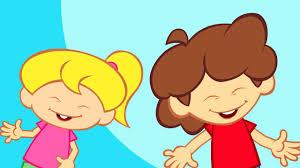 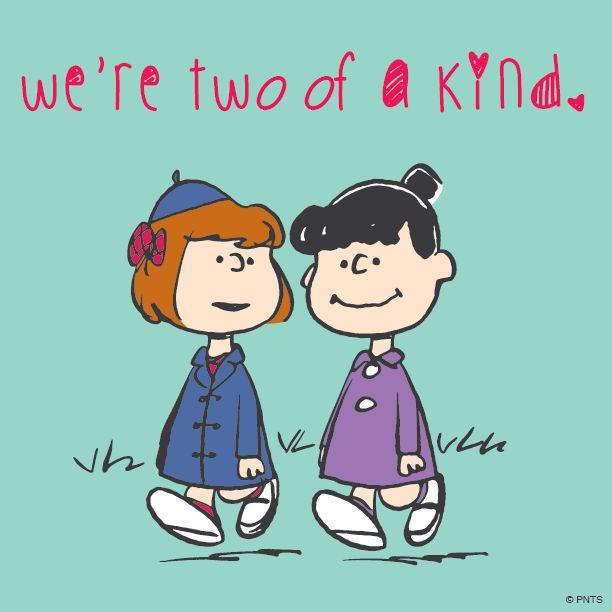  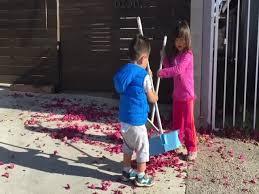
friendly honest  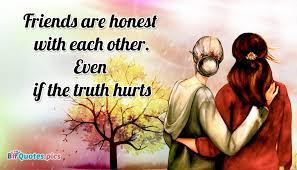
Verbs: to share, to trust, to support, to gossip, to argue, to fight
Concept-checking questions: With what friend do you always laugh? – fun friend Which friend always helps you? – helpful friend Which friend doesn’t lie? – honest friend Which friend has the kind heart? – kindly friend Which friend always supports you? – loyal friend Which friend has a lot of friends? – friendly friend When you want to say your problem to your friend, what do you do? – share When you have some secrets and you say it to your friend, why do you do this? – trust When your friend has a problem, what do you do? – support When friends say bad words about your friend, what do they do? – gossip When people have disagreement, what do they do? – argue When boys arguing, what do they do? – fight Activity 3. Multi presentation “Qualities of a friend” (group work). (Teacher divides class into two groups and gives the resources from which they should draw the flowers with 6 petals. There they discuss and write what are good actions we value and what are not good actions. Teacher observes if learners know the difference between behaviour we value and behaviour that isn’t good.) 1st group task. 1) Discuss and find out what good actions we value in our friends. 2) Write down good values on the petals. 3) Present your poster using new vocabulary. 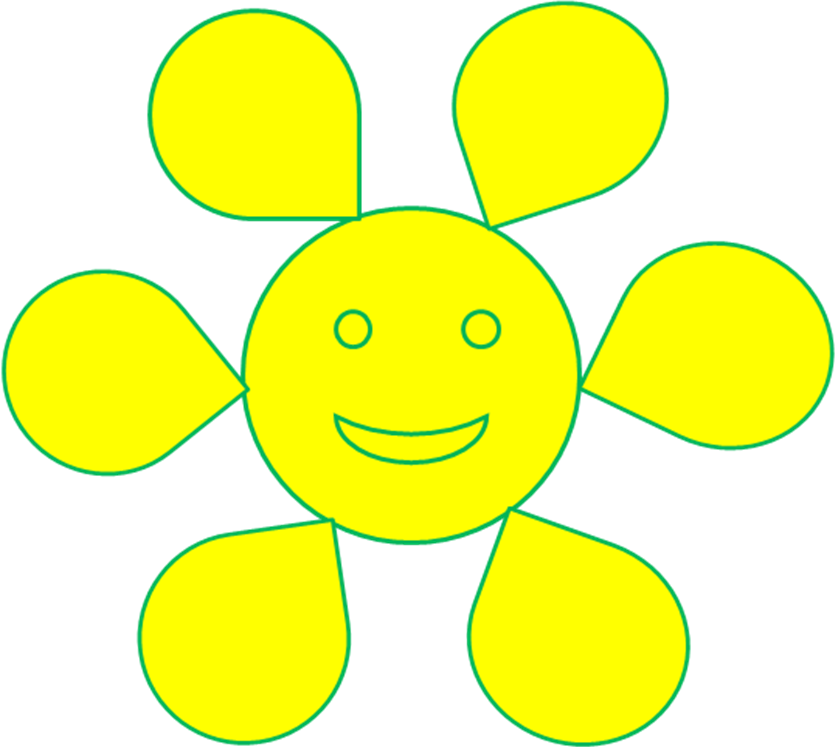
good values = loves a friend; helps a friend; helps family at home; shares problems with friends; trusts his/her friend; supports a friend, etc.
2nd group task. 1) Discuss and find out what bad actions we don’t value in our friends. 2) Write down not good values on the petals. 3) Present your poster using new vocabulary. 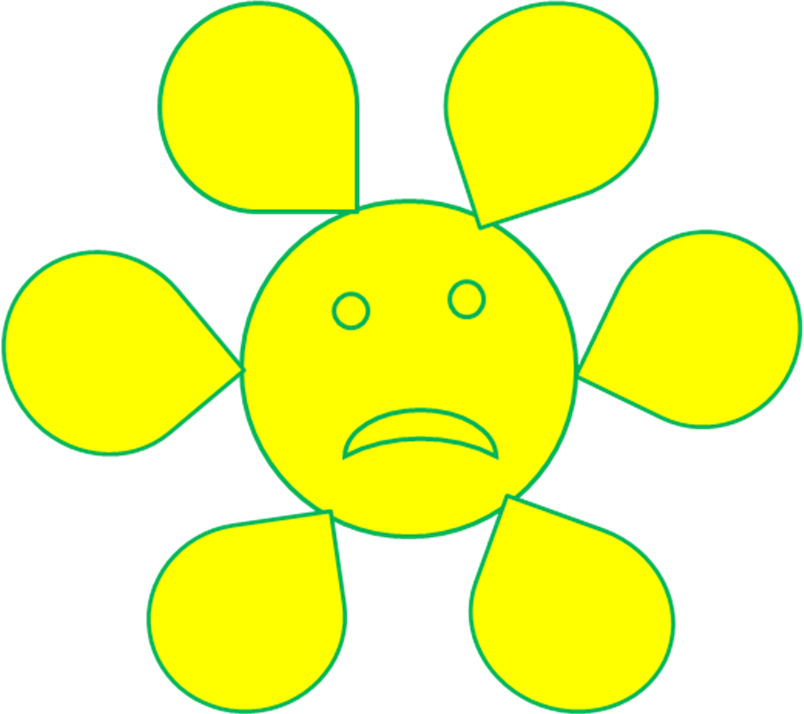 not good values = not speaking to a friend; fights when playing; argues with a friend; doesn’t help at home; takes people’s things; gossips about a friend, etc.
Activity 4. Short essay “My best friend”/“My family” (group work). 1st group task. Complete and make up the sentences about your best friend. 1. My best friend’s name is ..................................................................... . 2. She/ He is my best friend because ........................................................ . 3. We like ............................................................................................... .
2nd group task. Complete and make up the sentences about your family. 1. I love my mum because ...................................................................... . 2. My dad’s very special to me because .................................................. . 3. I love my brother/sister because .......................................................... . 4. My family is important to me because .................................................. .
Descriptor. A learner: answers the referential questions; finds out good or bad values of a friend correctly; answers the concept-checking questions properly; gives his/her opinion about the qualities of a friend; writes short essay on the topic.
Giving feedback
| 























